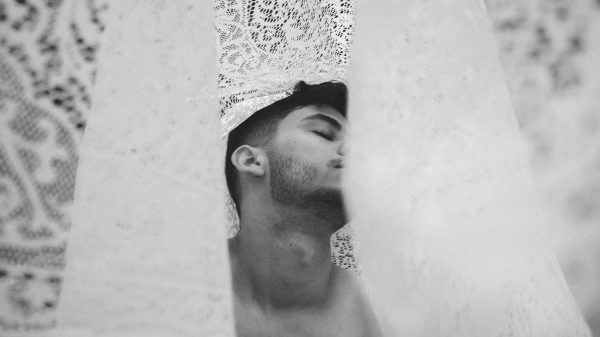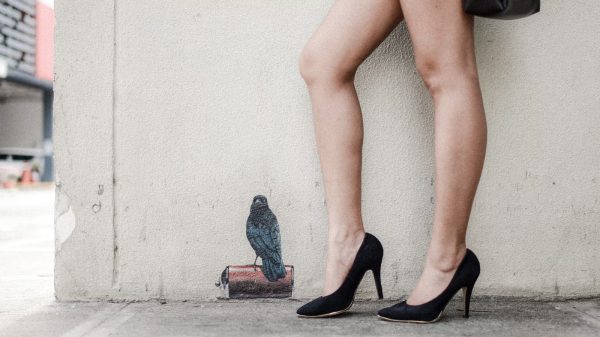Miss Universe 2018 Catriona Gray highlighted her support for the LGBTQIA community via a response to those who criticize her for being a Christian who, at the same time, supports the LGBTQIA community.
On an Instagram account, Gray shared a photo that showed her support for the LGBTQIA community this #Pride2019.
But one of the comments she received questioned her “testimony about your Christianity”, telling her to “please do not compromise.”
Gray replied to the netizen, saying: “My belief as a Christian does not limit me from fighting for the rights of others.” She added that she loves God the way she loves her fellow “fellow brothers and sisters.”
“Religion is never an excuse to hate, put down or act indifferent to the suffering of others. I believe God is love, and I will treat everyone – no matter who they are, to best of my ability, with love,” Gray added.
While the outspokenness is – in itself – commendable, it is worth noting that Gray’s post was also because of her endorsement of @sanmiglightph (San Miguel Light), an alcoholic drink.
San Miguel Light is a product of San Miguel Brewery Inc. (a subsidiary of San Miguel Corporation), the Philippines’ largest brewery with a market share of over 95% as of 2008, with earnings reaching P10.042 billion. The company is not known to have efforts to help deal with alcoholism in the country.
Though still not widely discussed particularly in the Philippines, members of the LGBTQIA community are at higher risk for alcoholism (and polysubstance abuse, in general).
Incidentally, according to the Centers for Disease Control and Prevention (CDC), “studies have shown that, when compared with the general population, LGBT individuals are more likely to: use alcohol and drugs; have higher rates of substance abuse; not withhold from alcohol and drug use; and continue heavy drinking into later life.” Up to 25% of gay and transgender people abuse alcohol, compared to 5% to 10% of the general population.
The CDC added that “alcohol and illegal drug use… also contribute to a higher chance of getting HIV and other STDs. Persons using drugs or alcohol may also raise their chances of getting HIV or giving it to others by getting involved in more risky sexual practices and behaviors or through sharing needles or other injection equipment.”

































































